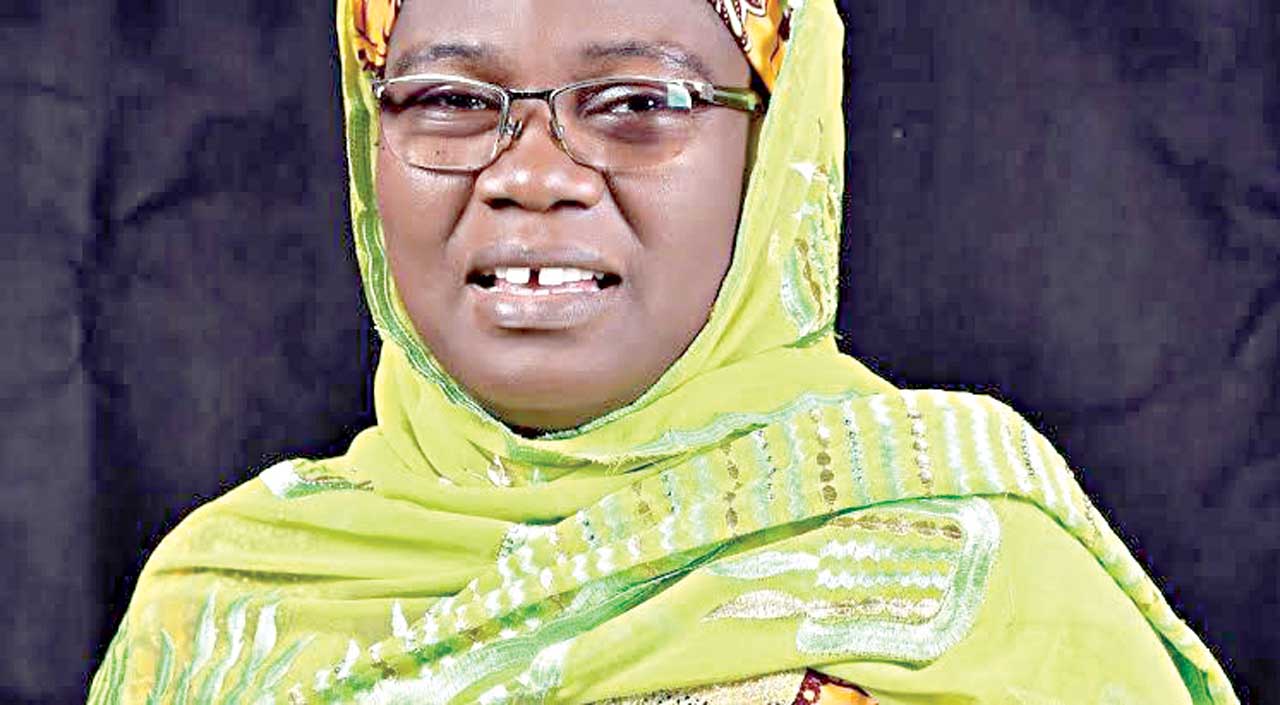
As Nigerians prepare for the 2023 general elections, clamour for more women representation in elective positions is increasing, even as women activists bemoaned the refusal of the National Assembly to include five key gender bills in the Electoral Act of 2022.
One of the bills, the affirmative action bill seeks to amend section 223 of the Constitution, to ensure women occupy at least 35 percent in appointive positions. Another bill, which was rejected is the bill on ministerial or commissioner nomination, which seeks to amend sections 147 and 192, so that at least 35 percent of nominees are women while the last bill, the reserved seat bill is to among others, amend sections 48, 49 and 91 of the Constitution to create additional 37, 74 and 108 seats for women at the Senate, House of Representatives and state House of Assemblies.
While the concerned women groups are still mounting pressure and seeking speedy passage of these bills, women political stakeholders have noted that even now, women’s participation in active politics is not only low but the number of women that run for elective posts and get elected is even more dismal, the lowest in the world, with the situation only getting worse over the years, despite efforts by concerned stakeholders to halt the trend.
To improve their lot, Nigerian women seeking to contest elections next year gathered at Women Aspirants Summit in Abuja for a discourse, “Women Working Together for A Democratic Nigeria.” The summit was organised by the Nigerian Women Trust Fund, Women in Politics Forum, 100 Women Lobby Group, Voice of Women and supported by Macarthur Foundation.
Focused on the need to promote an enabling environment for women to fully participate, as candidates in next year’s elections, the summit examined strategic methods of raising funds, increasing media visibility and the implications of the amended Electoral Act on women’s political participation.
Director INEC, Gender and Inclusivity Department, Blessing Obidegwu, analysing the amended Electoral Act, urged participants to ensure full participation at next year’s general elections. She urged female aspirants to get their Permanent Voter Card (PVC) and vote for women for their voices to be heard.
ElectHer founder, Ibijoke Faborode addressed fund raising for electioneering, which has proven to be a major barrier to women’s participation in politics over the years. Faborode urged aspirants to leverage their social circles and recognise opportunities, as fund raising is not just about money but networking, which is key in ensuring success of a female candidate.
The media was identified as critical partners female politicians must continually engage with to stay relevant. Moji Makanjuola, a veteran broadcaster, urged aspirants to continually seek platforms that would project and help them connect with people in their constituencies. Makanjuola tasked aspirants to regularly engage the media on topical issues, as this is essential in creating an image to the people. Anike-Ade Funke Treasure, a broadcast administrator advised aspirants on regular engagement with women at grassroots, to partner with women in media and ensure that they remain relevant in the media space.
Former minister for Women Affairs, Iyom Josephine Anenih and Rt. Hon. Elizabeth Ativie, former Speaker Edo State House of Assembly spoke on inter and intra political party and emergence of women. The aspirants were advised to associate themselves with other political parties, as it’s detrimental to stick to one party in the name of loyalty, as not all favours are returned within the party. Women leaders of political parties were charged with advancing the course of women through their offices, as this is mostly the office allocated to women.
Women’s Rights and Protection Alternatives, NDI and the US Embassy encouraged the participants to actively work in achieving a common goal ahead of next year’s general elections, also advised them to continue to demand for adequate representation of women in politics when they get into their desired offices.
CEO, Women Radio, Toun Okewale-Sonaiya said Nigeria’s male-dominated National Assembly have spoken that Nigerian women do not matter, therefore the latter have no choice than to commit to be deliberate and intentional in working together to ensure more women emerge as candidates and win elections next year. Sonaiya urged women to vote for women, campaign for and fund women.
Felicia Onibon of 100 Women Lobby Group appreciated the efforts of Nigerian women in pushing for recognition and their strong will in demanding for the passage of the gender bills and urged them not to relent in their efforts.
President, Women in Politics Forum (WIPF), Ebere Ifendu, commended women for their unity during the occupation of the National Assembly against the rejection of the gender bills and urged the women to utilise all information learnt at the summit for their victory next year.
CEO, Nigerian Women Trust Fund (NWTF), Mufuliat Fijabi, urged women not to be exhausted until inclusive governance is achieved in Nigeria. Fijabi called on all critical stakeholders especially the National Assembly to pass laws that will enhance inclusive political participation while emphasising that a truly democratic practice anywhere in the world is founded on women’s active involvement in governance. She encouraged Nigerian women to register and get their PVCs to enable them vote during the election next year.
Participants that included female aspirants for positions had the opportunity to ask questions and learn from critical stakeholders in the political space. The female aspirants, who came from the six geopolitical zones connected and reached a consensus to work together irrespective of their political parties for a truly representative democratic Nigeria.



